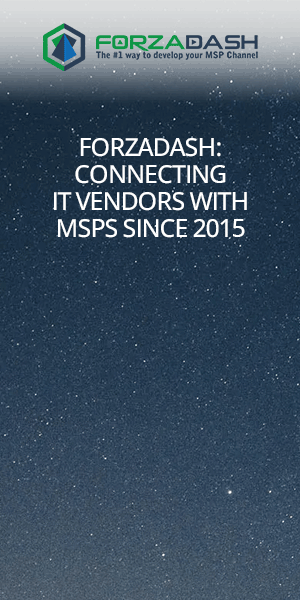In recent news, Roku, the well-known streaming service provider, experienced its second major security breach of the year, affecting 576,000 user accounts. This incident involved a technique known as credential stuffing—where hackers use previously breached usernames and passwords to gain unauthorized access. This event not only highlights the vulnerabilities in digital security systems but also serves as a crucial learning opportunity for Managed Service Providers (MSPs) working to safeguard their infrastructure and client data. Here are five key takeaways MSPs can derive from this incident.
1. Importance of Multi-Factor Authentication
The Roku incident underscores the vital need for multi-factor authentication (MFA) across all services. Despite the sophistication of the attack, the damage could have been mitigated if additional security layers were already in place. For MSPs, this means not only implementing MFA but also ensuring it is a standard practice recommended and facilitated for clients. This additional layer of security makes credential stuffing attacks significantly less effective and can be a key selling point in the MSP’s security offerings.
2. Continuous Security Monitoring
Roku detected the breach through its routine monitoring of unusual account activities—a practice every MSP should emulate. Continuous monitoring allows for the early detection of anomalies that could indicate a breach. MSPs must invest in advanced monitoring tools that can analyze patterns and flag irregularities in real-time, providing an opportunity to stop cyberattacks before they escalate.
3. Client Education and Training
One of the primary reasons credential stuffing attacks are successful is the reuse of passwords across multiple platforms. MSPs have a role to play in educating clients about the dangers of poor password practices. Regular training sessions, newsletters, and updated guidelines on password management can empower users to take their digital security seriously, potentially preventing many common types of breaches.
4. Robust Incident Response Plans
Roku’s response to the breach included resetting passwords, refunding unauthorized transactions, and notifying affected users. MSPs should take note of the importance of having a robust incident response plan that can be swiftly executed. Such a plan should include steps for containment, investigation, remediation, and communication with all stakeholders, ensuring transparency and maintaining trust even in crisis situations.
5. Leveraging Advanced Security Technologies
Finally, the Roku breach highlights the need for MSPs to leverage advanced security technologies. Technologies like artificial intelligence (AI) and machine learning can predict and detect breach attempts before they occur. Investing in these technologies can help MSPs offer cutting-edge solutions to their clients, differentiating themselves in a crowded market and providing higher levels of security.
The recent Roku breaches offer important lessons in cybersecurity, emphasizing the need for MSPs to continuously evolve their security practices and solutions. By implementing rigorous security measures such as MFA, enhancing client education, investing in real-time monitoring, preparing thorough incident responses, and adopting advanced technologies, MSPs can better protect themselves and their clients from emerging cyber threats. This proactive approach not only secures the digital environment but also reinforces the MSP’s role as a trusted advisor in the ever-changing landscape of IT services.



